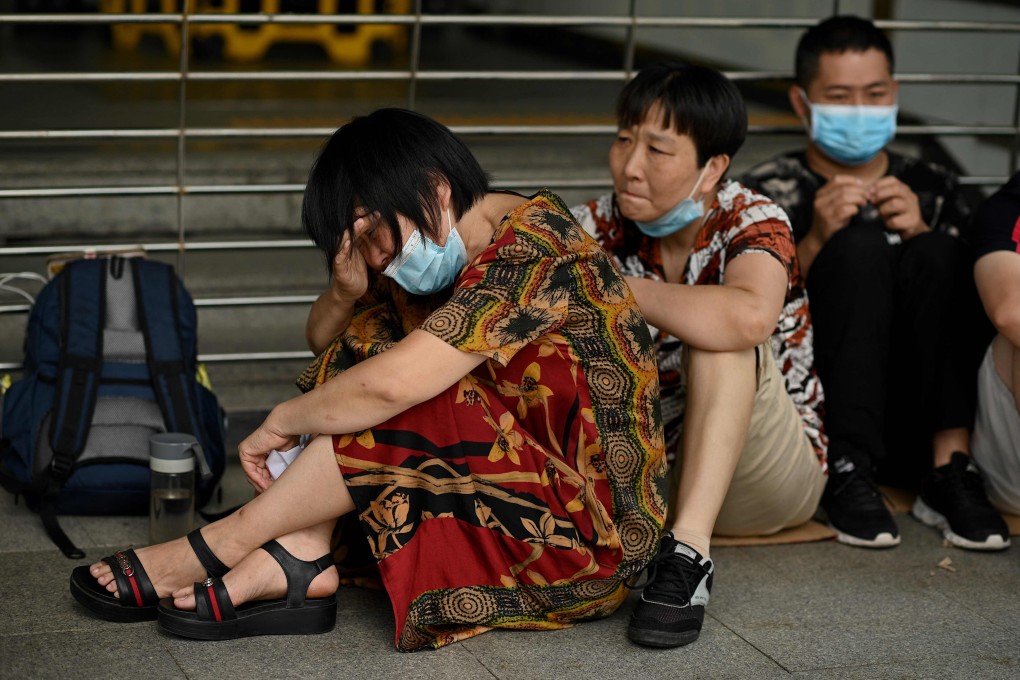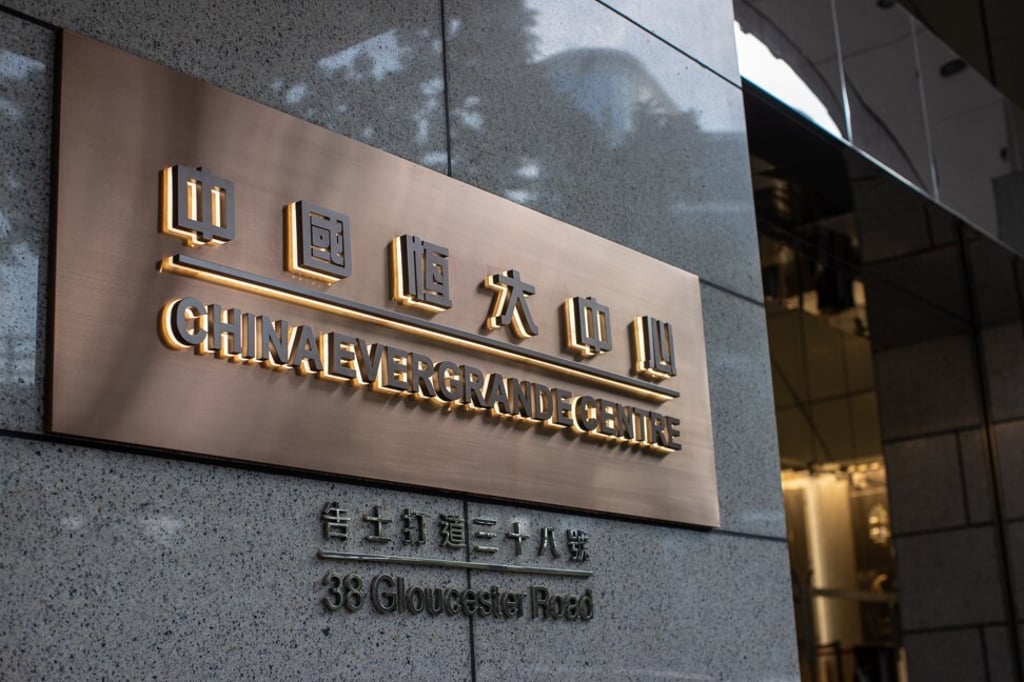Nine bonds of Evergrande’s flagship go on restricted trading after ratings cut in latest woe to befall indebted developer
- Three bonds valued at 28.2 billion yuan issued by Evergrande’s Hengda Real Estate Group unit were restricted to negotiated transactions in Shanghai
- On the stock exchange of Shenzhen in Evergrande’s hometown, six bonds valued at 25.3 billion yuan were relegated to block transactions

Trading restrictions were placed on nine onshore bonds sold by China Evergrande Group’s flagship property unit, after a local credit rating agency slashed the debts’ creditworthiness, deepening the woes for the world’s most indebted real estate developer.
Three yuan-denominated bonds valued at 28.2 billion yuan (US$4.4 billion) issued by Evergrande’s Hengda Real Estate Group unit were restricted to negotiated transactions on the Shanghai Stock Exchange, according to a statement. On the stock exchange of Shenzhen in Evergrande’s hometown, six bonds valued at 25.3 billion yuan were relegated to the high-volume block transactions.
The restrictions, imposed after trading of Evergrande’s debt was suspended for a day in both markets, were triggered by China Chengxin International, which downgraded the developer’s bonds to “A”, from “AA”. The ratings downgrade automatically disqualified the bonds from bid-based transactions on the integrated electronic platform in both markets.
“Negotiated transactions and block trading set a higher barrier [for traders], usually seen as a way to protect the average [minority] investor,” said Zhou Chuanyi, a credit analyst at Lucror Analytics in Singapore. “Offshore investors would take this as a signal to be extremely cautious.”

HNA Group, China’s largest global asset buyer spawned from the country’s largest privately owned airline, made similar moves in February, limiting all of its yuan bonds to negotiation and high-volume trading after it entered bankruptcy restructuring.